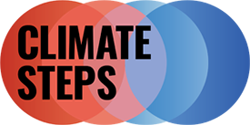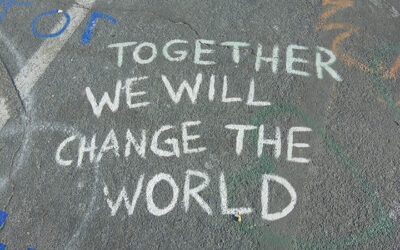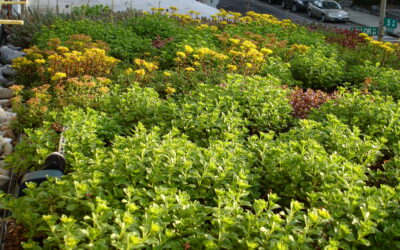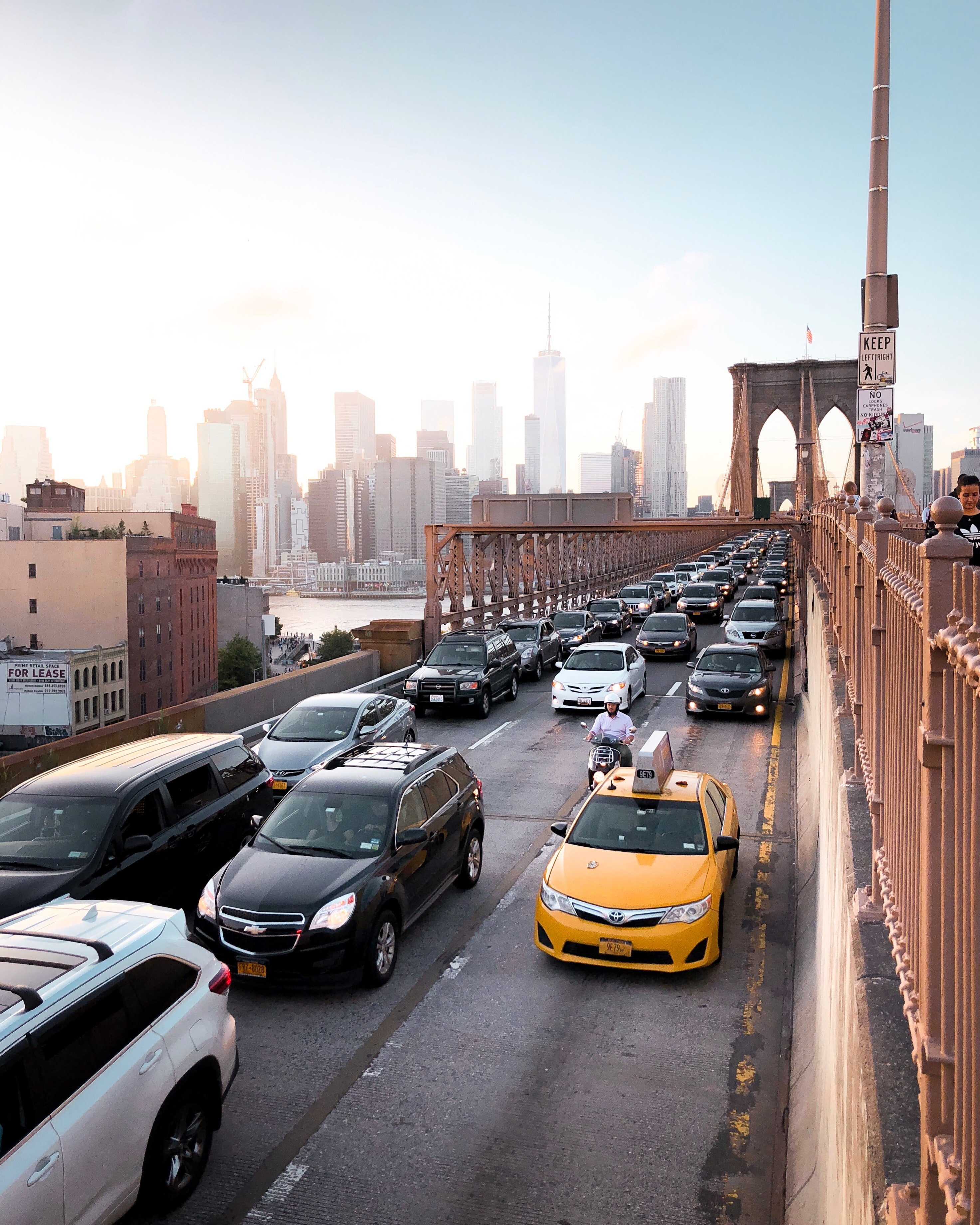Politics
We have Power When it Comes to the Climate Crisis and Politics
A key climate step is involving ourselves in our government; not just waiting to vote but stepping up as a citizen and assisting in change. Here we provide different ways to do so, some of which (testifying) are much more impactful than one expects. It depends on your country, but there are a range of impacts you can make into local to federal, even global, governments.
Climate Steps: Politics

Register to vote early
 Volunteer in a political niche
Volunteer in a political niche

Attend a local rally
“…virtual lobbying has worked really well. It’s a great way to continue reaching legislators during a pandemic.”
LEARN
About Climate Change and Politics
A key climate step is involving ourselves in our government. In my experience, when thinking of political action, people first think of voting, calling their federal representatives, and holding protests, with the effectiveness of each depending on country and methods. But there are also other, effective methods to consider as well.

Other actions can range from contacting your city representatives instead of federal to testifying at public hearings, officially commenting on regulations (a powerful action), chalking the front sidewalk of your state ‘s house – or your own house, serving on government stakeholder panels, hosting meet-and-greets, supporting environmental justice court actions, and even setting up political action committees and your own political podcast.
Resources such as MoveOn’s 50 Ways to Love Your Country already give case studies about key actions to change government priorities, so below we briefly outline five main categories of efforts, and then on each category’s page, we list various steps and link you to tools, resources and organizations for more information, examples, and opportunities. (For instance, we have created a Templates page, where examples of letters, testimony, and comments will be compiled.)Our emphasis here in Climate Steps is on the United States, but as we grow and get more volunteers (and someday employees), we will build up action lists and resources for other countries, highlighting the most effective actions where we can.
Added note: No matter which category you focus on, it is helpful to find a community with which to share your actions. The Climate Steps Facebook group is available for non-partisan action sharing and encouragement, but many of you may need a community that is more politically oriented with whom to share these actions. Just don’t forget us – come back and share what you’ve worked on!
Working Through Your Representative
Studies have found that U.S. federal representatives tend to listen to industry more than their constituents (REF), but certain actions such as holding a meet-and-greet for them, or telling a personal story in a campaign letter (especially at voting time) can get through to them.
On the other hand, local/city/precinct/state representatives are often very approachable and are the ones dealing with the actual problems and implementation, leading to more impact.
The group Citizens Climate Lobby (initially U.S. but with multiple chapters abroad now) has been focused on training volunteers on how to approach their representatives. Other groups train on voting and campaigns.
Testifying and Commenting
Making a public statement, in person, or – as is more likely right now – online, puts your concerns on record. In the U.S., agencies implementing rules and regulations must formally, in writing, address these concerns – and if not in a way that alleviates your concerns, then you or others can sue the agency later — if you can demonstrate personal harm from their action. Hopefully it is true in other countries as well, as this is powerful stuff. It’s been shown to change at least the tone of a public rule. And people do sue. Use it! So how to find out about opportunities to comment online or testify about rules and regulations? We’re bringing in various websites and other tools you can use.
The Courts
Courts can be used to fight against gerrymandering (which leads to unfair representation), land and rights grabs, and the roll back of regulations, as well as to fight for the enforcement of laws and punitive damages, especially for environmental justice and indigenous rights. This section talks about the American and Canadian court systems, and what types of cases can be brought to court, or defenses used, for environmental action, with examples.
We also have gathered a page of Example Court Cases, that show the impact individuals have had in filing suit, but also in testifying and commenting, as described below. Amazing impacts.
Protests & Petitions
This category includes protests and petitions, rallies, chalk and other guerrilla art, and much of social media. These and others can be a form of protest and communication to not only government representatives, but to industry, to our families, and to our communities. Critical in this arena are the roles of and impacts on youth, different races, and genders in methods and goals. Environmental justice is especially critical.
FYI, Climate Steps does not recommend violence or hunger strikes (definitely not!), but does support peaceful, nonviolent, and lawful protests. So what about civil disobedience (i.e., protesting in a way that breaks the law)? We’ll talk about the different scales of actions, and their pluses and minuses here soon.
More info coming soon!
Politics Articles
It’s Not Too Late to Turn the Tide on Climate
That is, if everyone, everywhere, acts all at once on Climate. Here's what you can do. Have you been wondering – or maybe worrying – if it’s possible to reduce greenhouse gas (GHG) emissions by half by 2030 and to get to net-zero by 2050? While the climate...
The 10th anniversary of my beautiful green roof! Booyah!
It is hard to believe that it has been 10 years already for the green roof on my house, as of this past weekend. (I was on a train and couldn't write this all out then.) You can get a peek of the greenery from the front of my house (see left), but there are...
Now is the Moment to Pressure Global Leaders to Step Up Their Climate Game
By Dr. Krista Kurth, 10/11/2021 Dr. Krista Kurth has given us permission to repost her very timely and action-focused blog: https://www.climateactionforeverydaypeople.com/post/now-s-the-moment-to-pressure-global-leaders-to-step-up-their-climate-game Here’s what you...
Free Public Transportation, the Time is Now!
….free transportation, …. [results in] money saved in hospital admittance due to asthma, in ambulance and police services, in paving and repaving, …..






